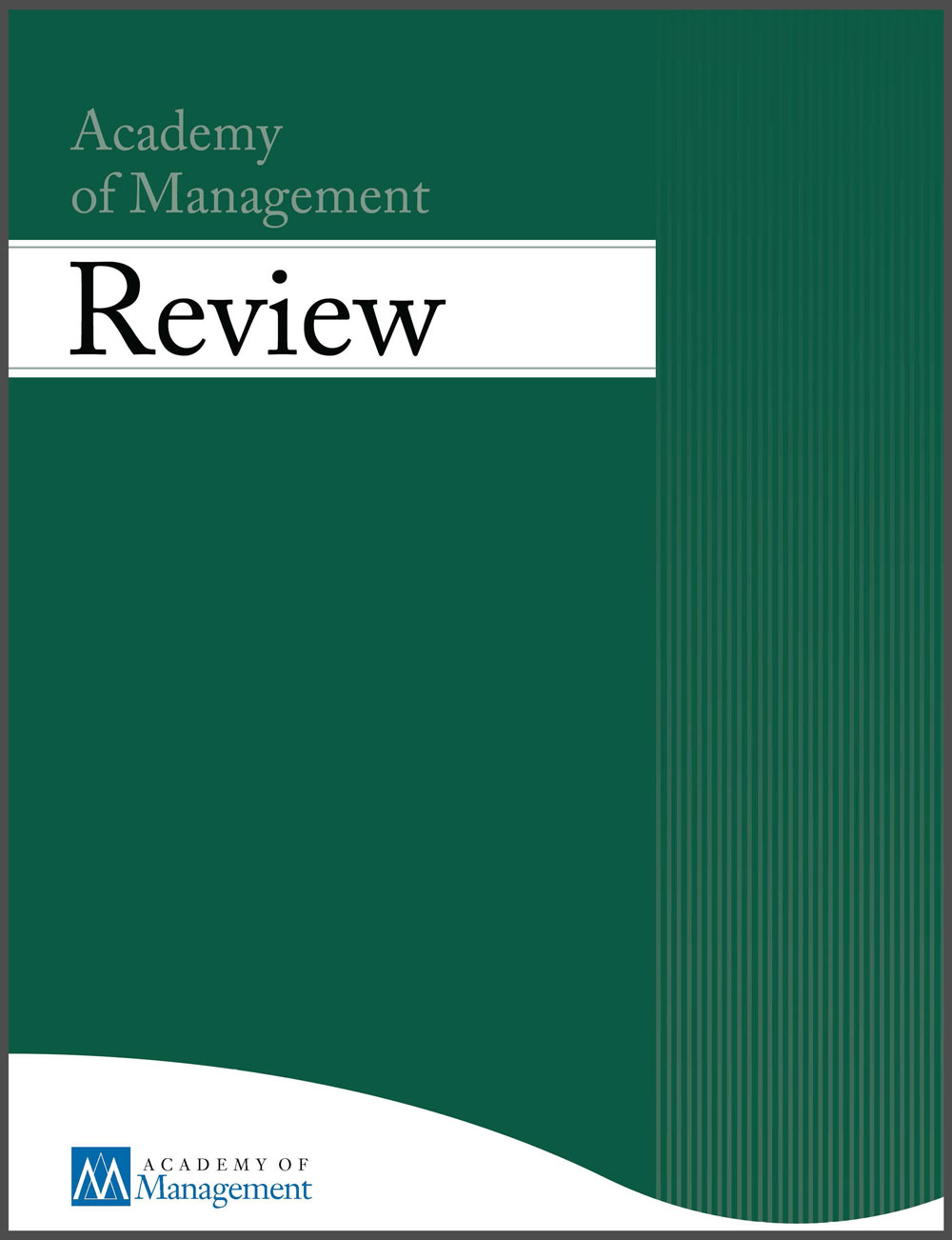用大型语言模型混合解决问题:对 "迭代替代评估 "和 "集合视角 "的回应
IF 13.9
1区 管理学
Q1 BUSINESS
引用次数: 0
摘要
管理学院评论》,第 0 卷,第 ja 期,-Not available-。本文章由计算机程序翻译,如有差异,请以英文原文为准。
Hybrid Problem-Solving with Large Language Models: A Reply to “Iterative Alternative Evaluation” and “An Assemblage Perspective”
Academy of Management Review, Volume 0, Issue ja, -Not available-.
求助全文
通过发布文献求助,成功后即可免费获取论文全文。
去求助
来源期刊

Academy of Management Review
Multiple-
CiteScore
24.60
自引率
2.40%
发文量
70
期刊介绍:
The mission of AMR is to publish theoretical insights that advance our understanding of management and organizations. Submissions to AMR must extend theory in ways that develop testable knowledge-based claims. To do this, researchers can develop new management and organization theory, significantly challenge or clarify existing theory, synthesize recent advances and ideas into fresh, if not entirely new theory, or initiate a search for new theory by identifying and delineating a novel theoretical problem. The contributions of AMR articles often are grounded in “normal science disciplines” of economics, psychology, sociology, or social psychology as well as nontraditional perspectives, such as the humanities.
 求助内容:
求助内容: 应助结果提醒方式:
应助结果提醒方式:


